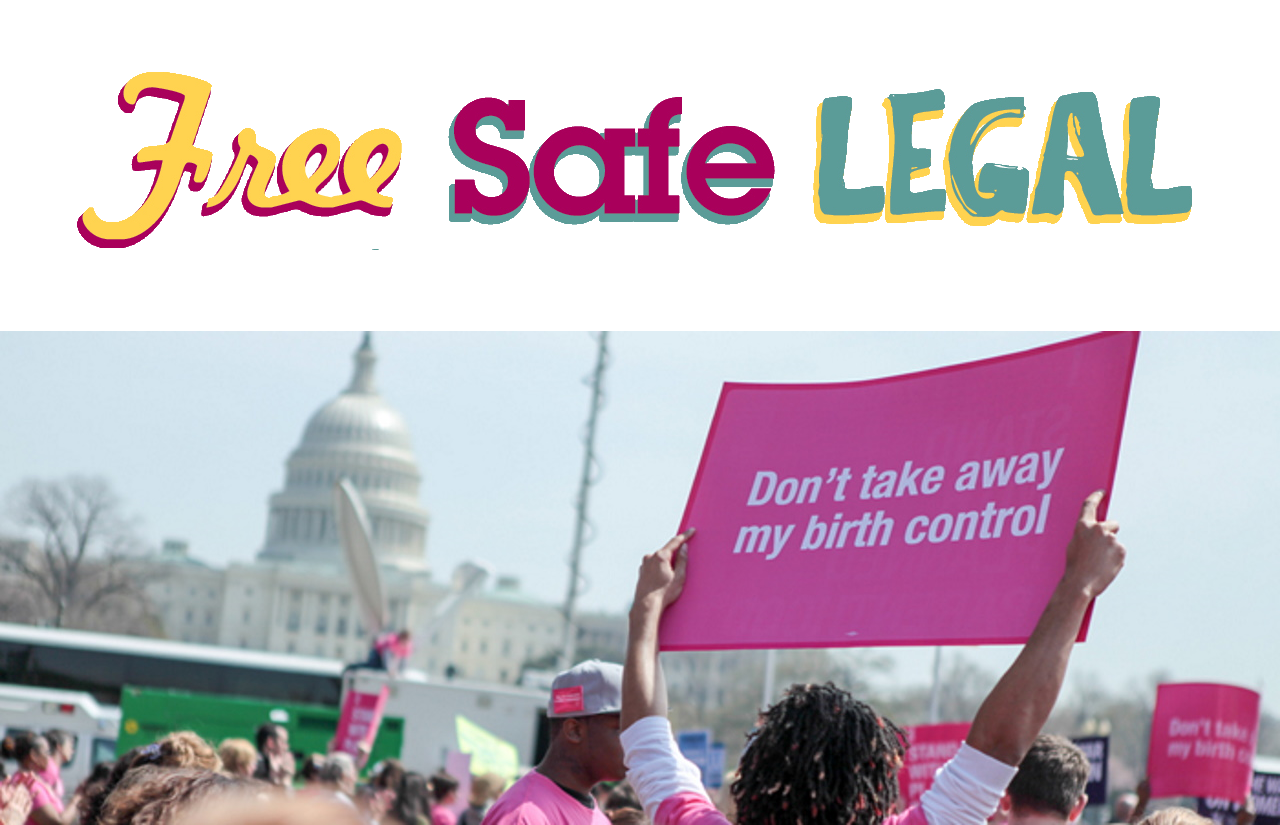Amnesty International, an international non-governmental organization focused on human rights, headquartered in the United Kingdom, and with more than ten million members and supporters around the world, recognizes the right of every woman, girl, or person who may be pregnant to have an abortion provided that they respect their rights, autonomy, dignity, and needs in the context of their experiences, circumstances, aspirations, and opinions. Amnesty International’s abortion policy is based on full decriminalization of abortion and on universal access to abortion itself, post-abortion care, and evidence-free, bias-free, coercion-free, violence-free, and discrimination-free abortion information.
The organization’s approach to abortion is based on principles inspired by and derived from international human rights laws and standards, which have established themselves over time. It is based on:
- the recognition of the fact that decisions relating to pregnancy and abortion directly affect the entire spectrum of human rights, including the right to life, health, privacy, freedom, and security of the person;
- equality and non-discrimination before the law;
- the right to be an active participant in society;
- freedom from torture and other ill-treatment;
- equal access for all to justice, to non-partisan and fact-based information and education regarding sex reproductive health, and to the fruition of scientific progress.
The policy considers abortion as a key component of sexual and reproductive health (including, among others, post-abortion care, modern birth control, and access to neutral and fact-based information on pregnancy and abortion) as essential to achieving de facto equality.
Why is abortion a human rights issue?
The criminalization of abortion and the failure to ensure access to quality abortion services is a human rights issue.
Macarena Sáez, women’s rights director at Human Rights Watch (HRW), an international non-governmental organization, headquartered in New York City, that conducts research and advocacy on human rights, said that “guaranteeing access to abortion is not only a public health imperative, but it is also a human rights imperative as well. Though more governments are taking steps to increase access to abortion, others are impeding or outright banning it, putting the rights of women, girls, and pregnant people at risk.”
Access to safe abortion services is a human right. International human rights law clarifies that decisions on one’s own body must be made by the individual in compliance with the right to autonomy and bodily integrity.
Forcing someone to carry out an unwanted pregnancy, or forcing them to seek an unsafe abortion, is a violation of human rights, including the rights to privacy, autonomy, and bodily integrity.
In many circumstances, those who have no choice but to resort to unsafe abortions also risk being prosecuted and punished, including imprisonment, and may face cruel, inhuman, and degrading treatment, discrimination, and exclusion from post-abortion health care.
Access to abortion is therefore linked to the protection and respect for the human rights of women, girls, and other people who may become pregnant, in order to achieve social and gender justice.
The United States is a party to several international treaties that recognize the rights to life, privacy and bodily autonomy and integrity, non-discrimination, and freedom from cruel, inhuman, or degrading treatment, among others.
“What has happened in the United States today is a monumental setback for the rule of law and for gender equality. With the stroke of a pen and without sound legal reasoning, the US Supreme Court has stripped women and girls in the United States of legal protections necessary to ensure their ability to live with dignity,” experts said about the recent Court decision. The shocking and dangerous rollback of human rights will jeopardize women’s health and lives.
“The Court has completely disregarded the United States’ binding legal obligations under international law, including those stemming from its ratification of the International Covenant on Civil and Political Rights, ever more regrettably at a time when many countries have, in what is a positive trend, liberalized their abortion laws to respect and uphold women’s human rights to life, health, equality and non-discrimination, privacy and freedom from violence and torture, cruel, inhuman and degrading treatment” they added.
“Abortion is already inaccessible for many pregnant people in many parts of the US, inconsistent with the country’s international human rights obligations. By removing constitutional protection of the right to access legal abortion, the US will fall further out of line with its human rights obligations, leading to rights violations against many people,” HRW wrote about the decision in a Q&A on How Ban Will Violate Rights of Women, Girls, and Pregnant People.
Abortion rights fall in the broader category of sexual and reproductive rights, that state that whoever you are, wherever you live, all decisions you make about your body should be yours.
Yet all over the world, many people are persecuted for making their own choices and many others are prevented from making any choices. In some countries, governments try to dictate laws about who we can kiss, who we should love, how we should dress, how to identify ourselves, when to have children, and how many to have.
Sexual and reproductive rights stipulate that every human being must be able to make autonomous decisions with respect to his or her body and:
- obtain accurate information on these issues
- access sexual and reproductive health services, including contraception
- choose if, when, and who to marry
- decide if you want to have children and how many
Sexual and reproductive rights make it clear that every human being should be free from all forms of sexual violence, including rape, female genital mutilation, forced pregnancy, forced abortion, and forced sterilization.


[…] Read more: Amnesty International on Abortion and Human Rights […]